Young Children and the Creative Arts
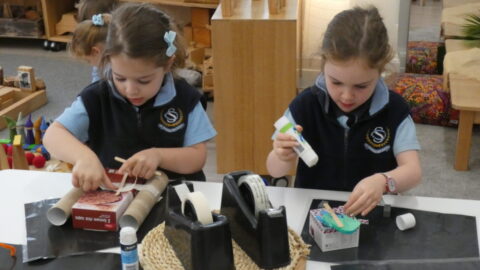
The creative arts, including experiences such as drawing, painting, clay and wire sculpture, dancing, and music, play a significant role in the development of young children. They provide a unique avenue for children to express themselves, explore their world, and learn valuable life skills. There are many benefits to participating in creative arts experiences.
Self-expression: Creative arts offer children a non-verbal means of expressing themselves. Young children often find it challenging to articulate their thoughts and emotions through words, but through painting, drawing, or dancing, they can communicate their feelings, ideas, and experiences effectively. This helps them develop a sense of self and emotional intelligence.
Cognitive development: Engaging in creative arts activities fosters cognitive development in children. They learn to think critically, solve problems, and make decisions as they experiment with various materials and techniques. For example, painting encourages them to mix colours, observe cause-and-effect relationships, and plan their work.
Fine and gross motor skills: Through activities involving drawing and cutting, children refine their fine motor skills. These skills are essential for tasks like writing and managing a range of tools and implements. Dancing and playing musical instruments improve gross motor skills, enhancing balance, coordination, and physical fitness.
Social development: Creative arts can also be a social activity. When children participate in group activities such as dramatic play, dance, or collaborative artwork, they learn how to collaborate, communicate, and work together. This helps them build social skills and develop empathy.
Boosting creativity: Engaging in the creative arts stimulates imagination and creativity in young minds. Whether they are making up a story, composing a tune, or creating a piece of art, children learn to think outside the box, explore new ideas, and innovate.
Language development: When children participate in creative arts experiences, they often discuss their work or narrate stories related to their art. This boosts language development as they learn new vocabulary, sentence structures, and narrative skills.
Emotional regulation: Creative arts offer a safe space for children to express and process their emotions. They can use art as a way to cope with challenging situations or explore difficult feelings. This can aid in emotional regulation and overall mental wellbeing.
Cultural awareness: Through music, dance, and art, children can explore and appreciate different cultures. This helps them become more culturally aware and sensitive to the diversity of the world.
Confidence and self-esteem: As children see their creations take form and receive positive feedback from peers and adults, their confidence and self-esteem grow. This self-assuredness can extend to other areas of their lives.
The creative arts serve as a powerful platform for young children to learn and develop. They foster self-expression, cognitive and motor skill development, and social growth, while also nurturing creativity and emotional intelligence. Encouraging children to engage in creative arts experiences from a young age can have a profound impact on their overall development and future success.
-
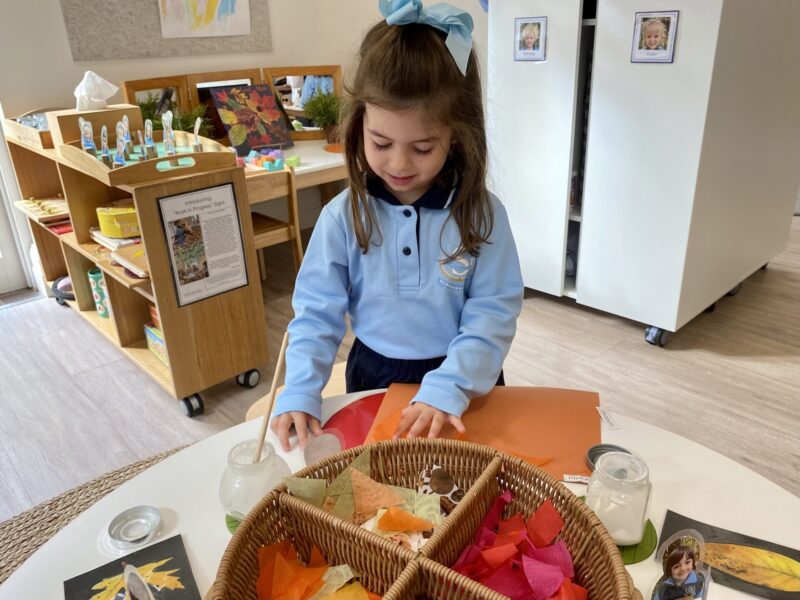
Creative art practice in the ELC
-
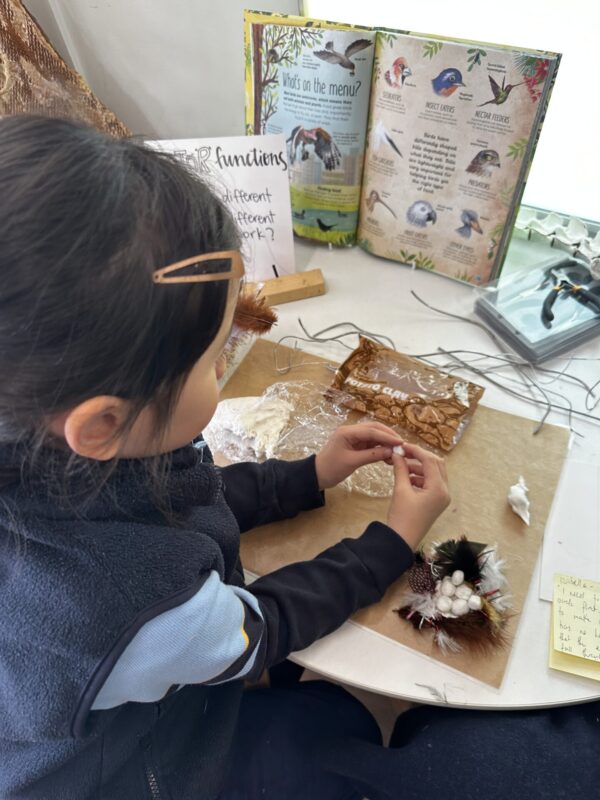
Creative art practice in the ELC
-
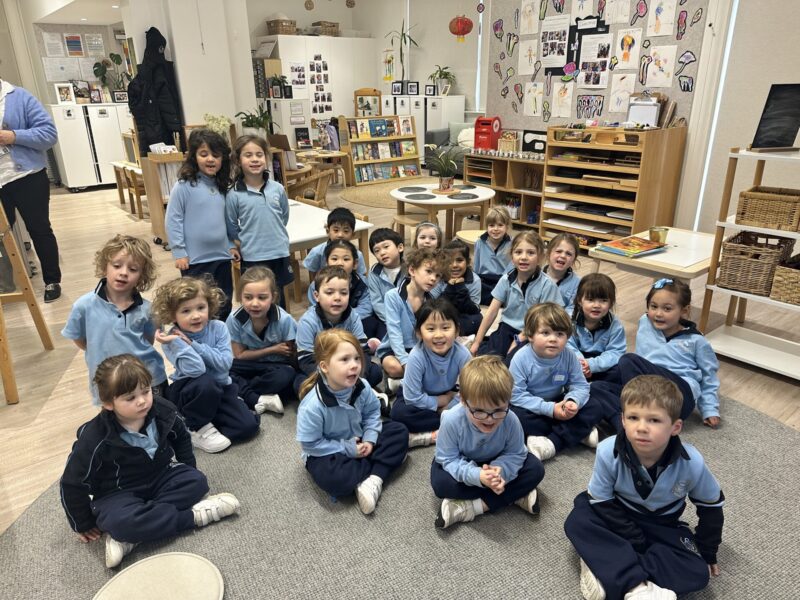
Creative art practice in the ELC
-
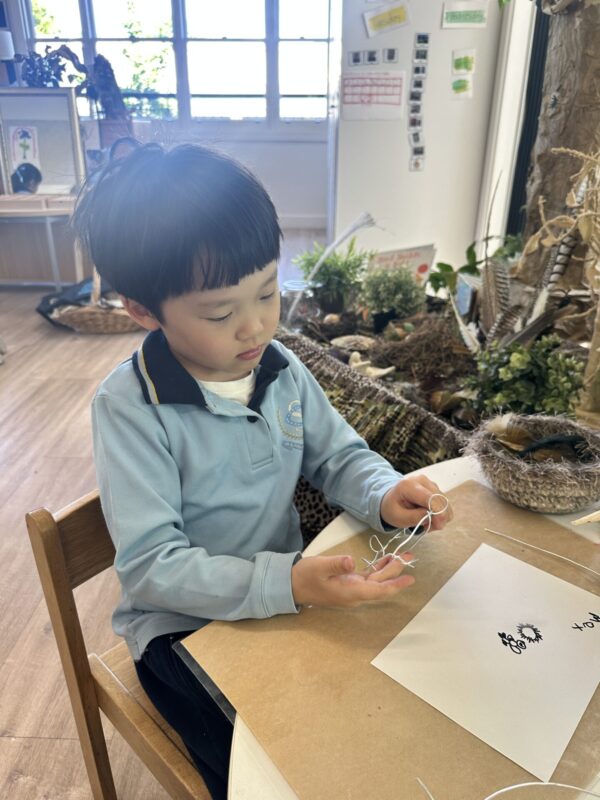
Creative art practice in the ELC
-
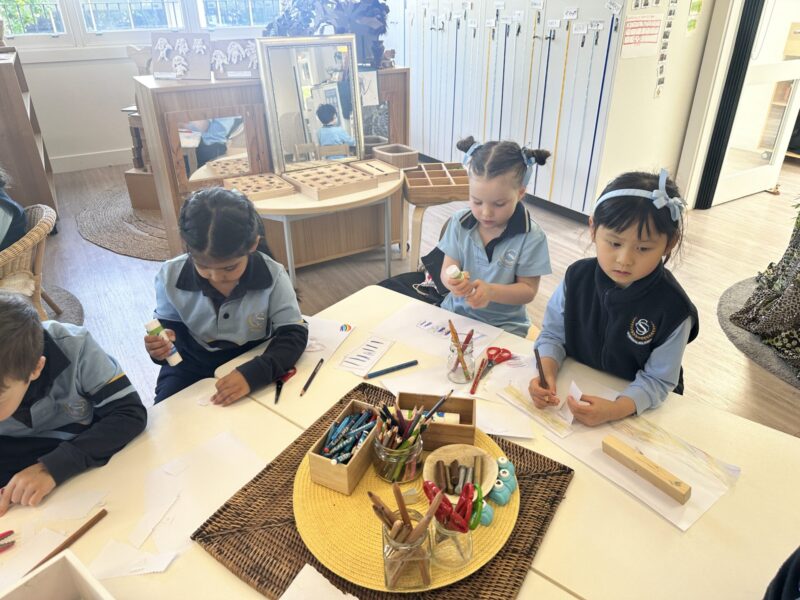
Creative art practice in the ELC
-
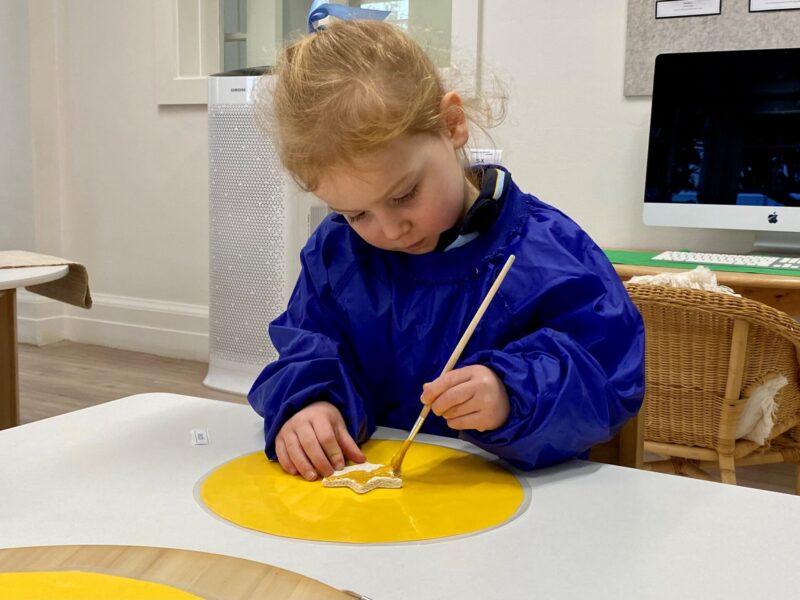
Creative art practice in the ELC
-
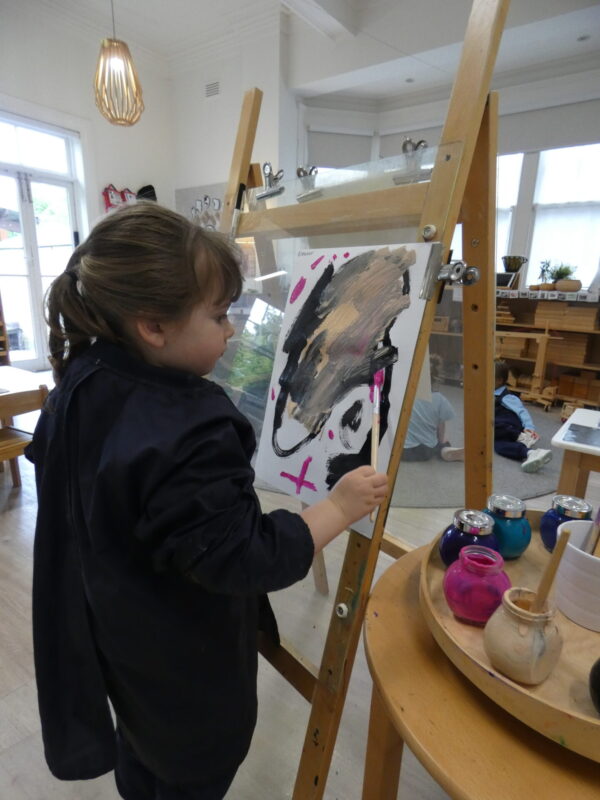
Creative art practice in the ELC
-
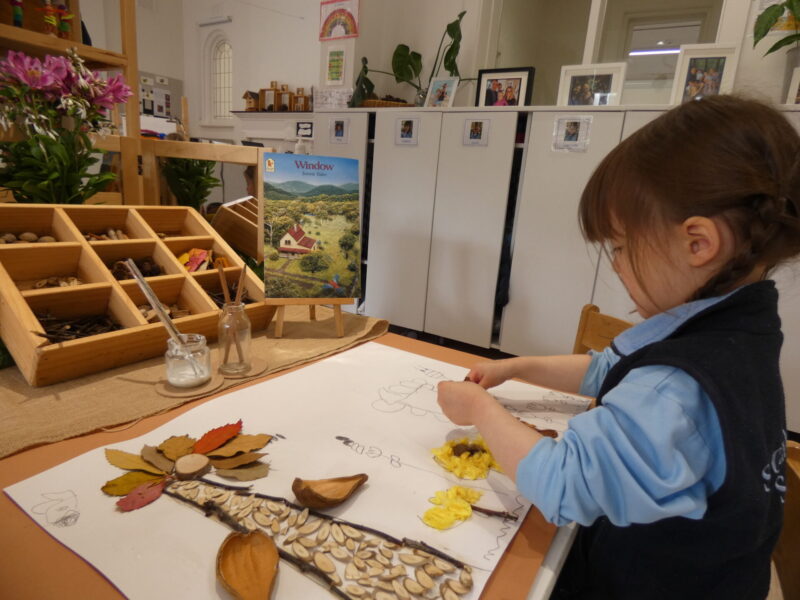
Creative art practice in the ELC
-
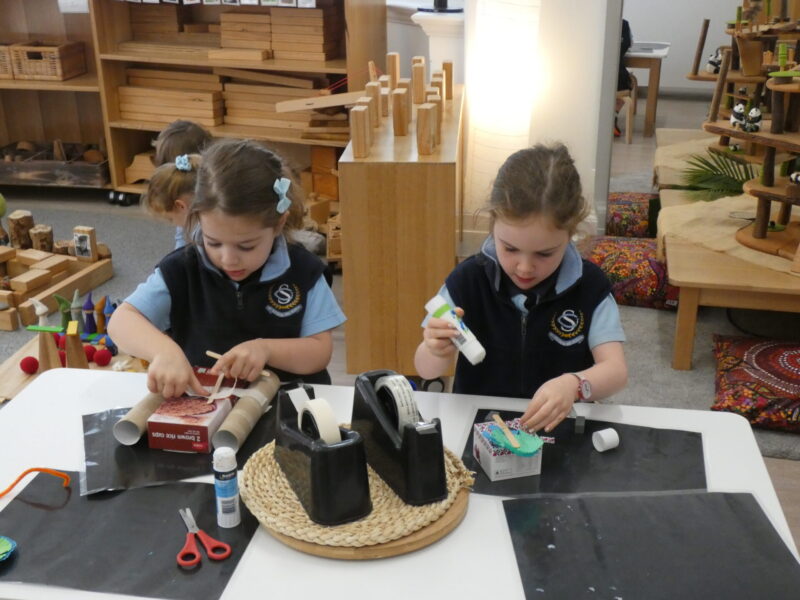
Creative art practice in the ELC
-
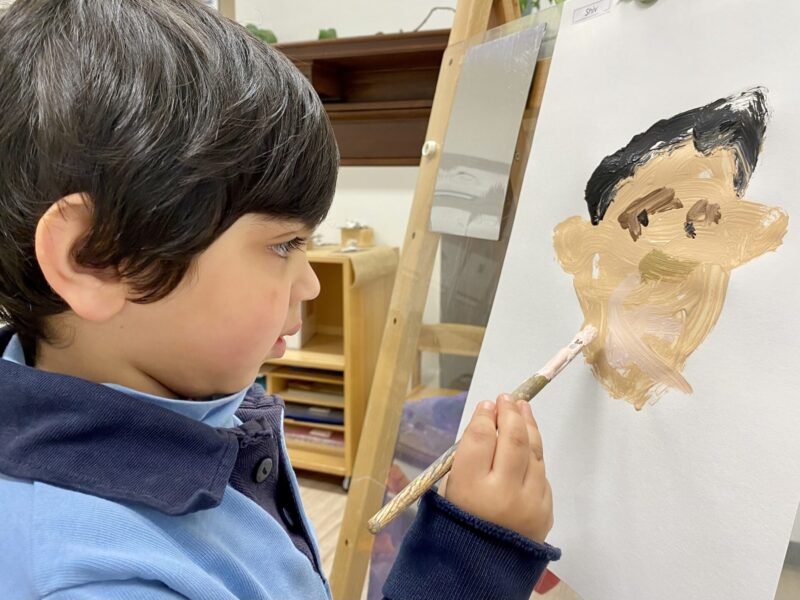
Creative art practice in the ELC
-
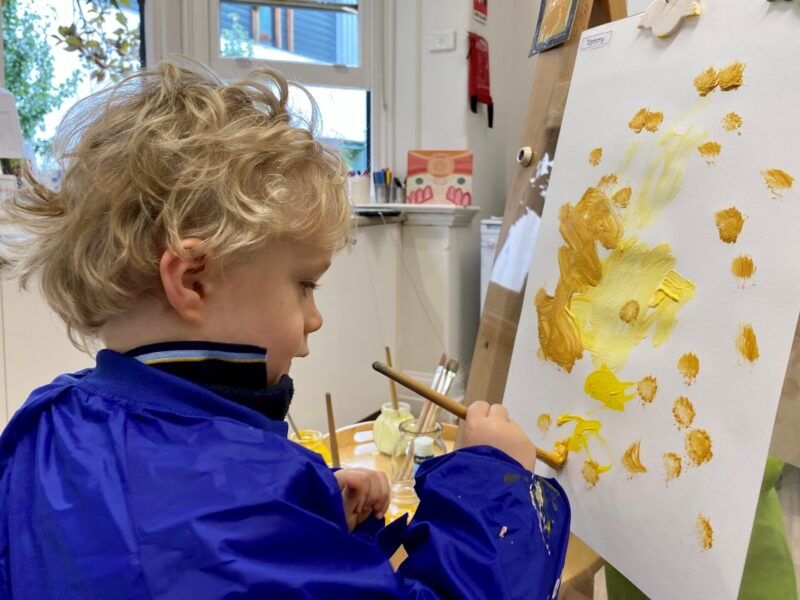
Creative art practice in the ELC


